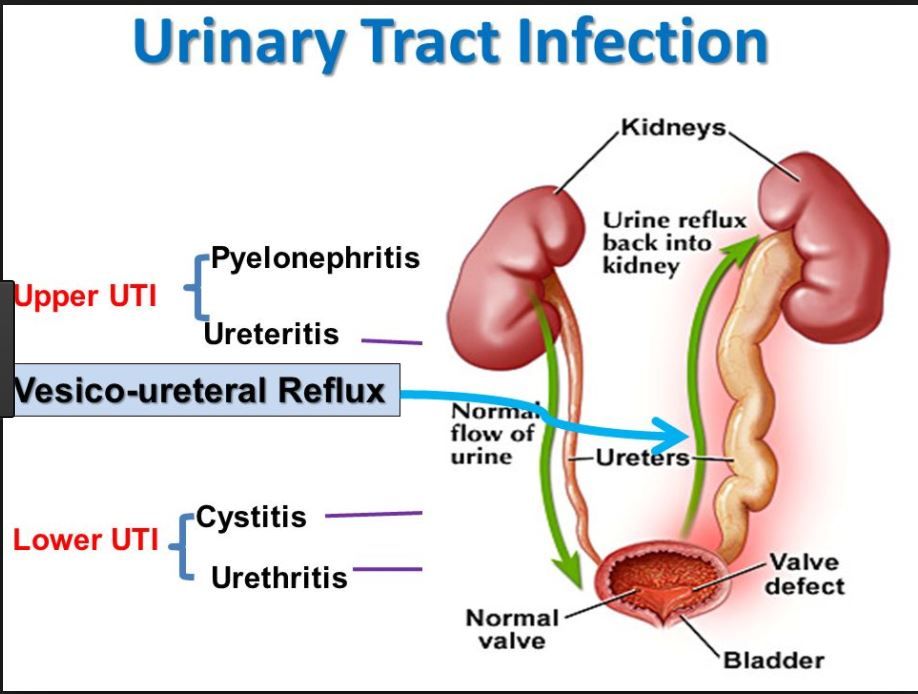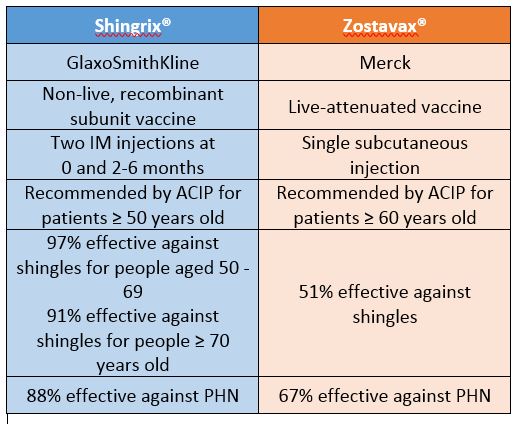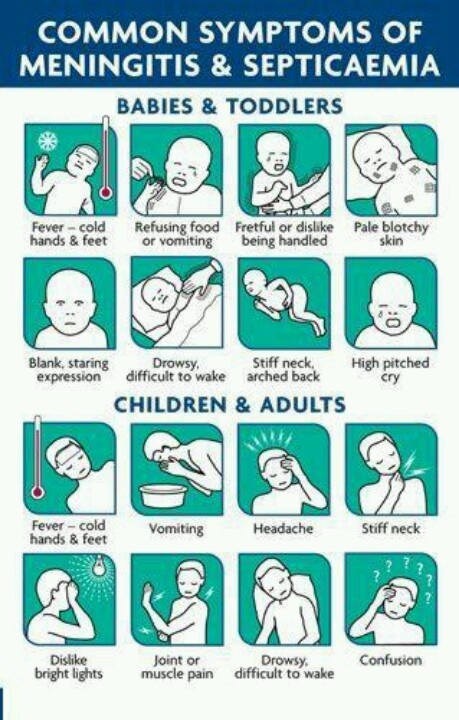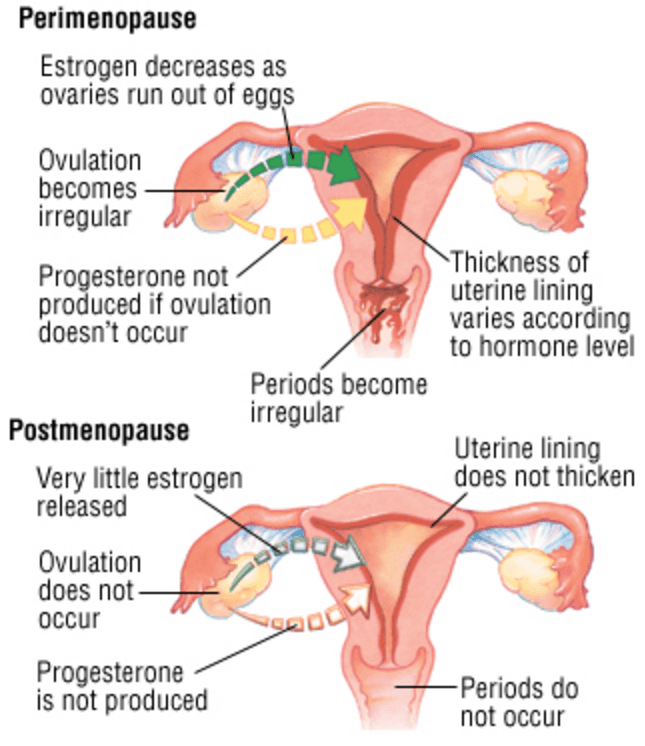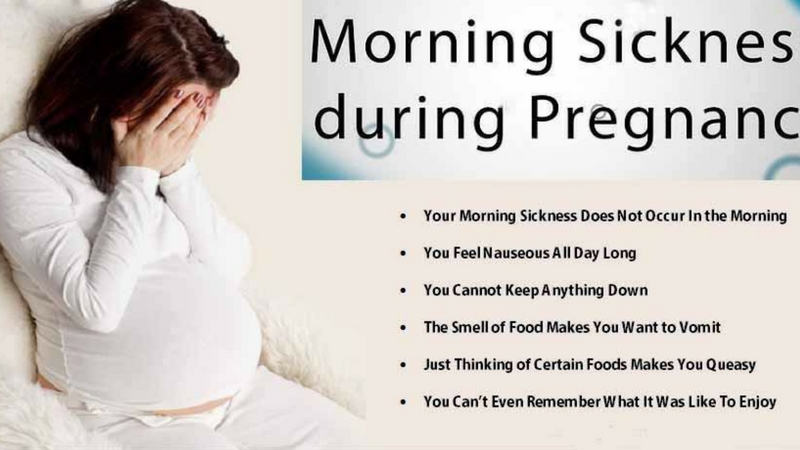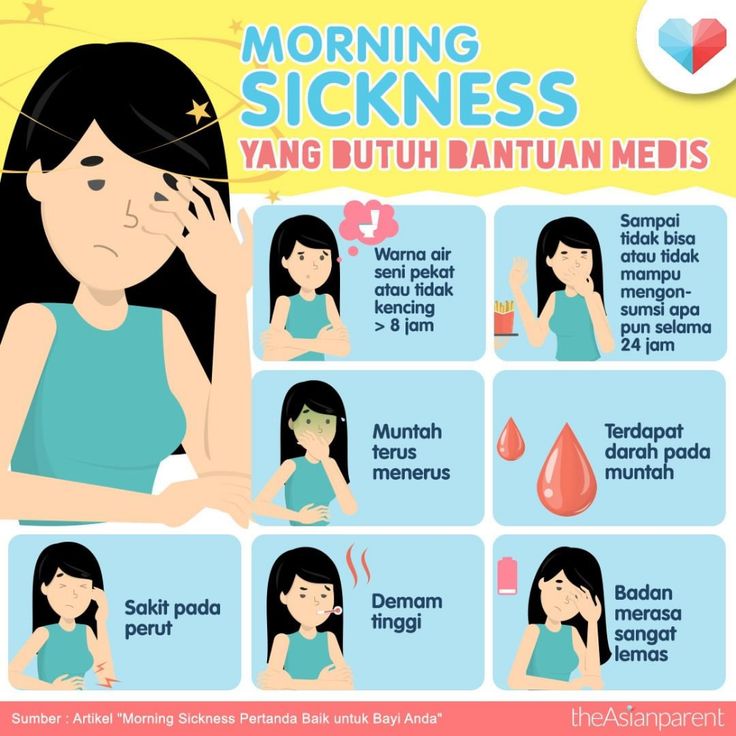Is coffee safe in pregnancy
Moderate daily caffeine intake during pregnancy may lead to smaller birth size
You are here
Home » News & Events » News Releases
News Release
Thursday, March 25, 2021
Pregnant women who consumed the caffeine equivalent of as little as half a cup of coffee a day on average had slightly smaller babies than pregnant women who did not consume caffeinated beverages, according to a study by researchers at the National Institutes of Health. The researchers found corresponding reductions in size and lean body mass for infants whose mothers consumed below the 200 milligrams of caffeine per day — about two cups of coffee — believed to increase risks to the fetus. Smaller birth size can place infants at higher risk of obesity, heart disease and diabetes later in life.
The researchers were led by Katherine L. Grantz, M.D., M.S., of the Division of Intramural Population Health Research at NIH’s Eunice Kennedy Shriver National Institute of Child Health and Human Development. The study appears in JAMA Network Open.
“Until we learn more, our results suggest it might be prudent to limit or forego caffeine-containing beverages during pregnancy,” Dr. Grantz said. “It’s also a good idea for women to consult their physicians about caffeine consumption during pregnancy.”
Previous studies have linked high caffeine consumption (more than 200 milligrams of caffeine per day) during pregnancy to infants being small for their gestational age (stage of pregnancy) or at risk for intrauterine growth restriction—being in the lowest 10th percentile for infants of the same gestational age. However, studies on moderate daily caffeine consumption (200 milligrams or less) during pregnancy have produced mixed results. Some have found similar elevated risks for low birth weight and other poor birth outcomes, while others have found no such links. The current study authors noted that many of the earlier studies did not account for other factors that could influence infant birth size, such as variation in caffeine content of different beverages and maternal smoking during pregnancy.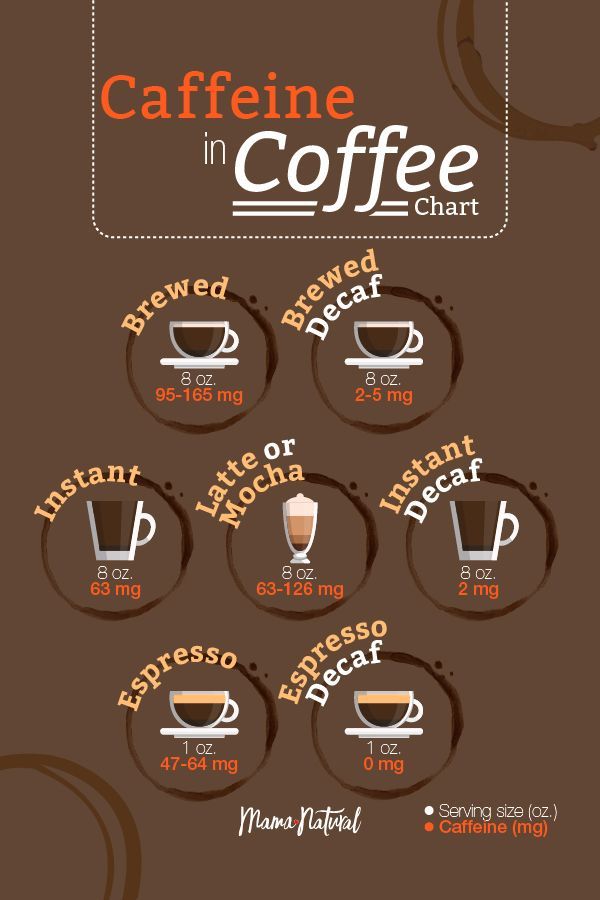
For their study, the authors analyzed data on more than 2,000 racially and ethnically diverse women at 12 clinical sites who were enrolled from 8 to 13 weeks of pregnancy. The women were non-smokers and did not have any health problems before pregnancy. From weeks 10 to 13 of pregnancy, the women provided a blood sample that was later analyzed for caffeine and paraxanthine, a compound produced when caffeine is broken down in the body. The women also reported their daily consumption of caffeinated beverages (coffee, tea, soda and energy drinks) for the past week—once when they enrolled and periodically throughout their pregnancies.
Compared to infants born to women with no or minimal blood levels of caffeine, infants born to women who had the highest blood levels of caffeine at enrollment were an average of 84 grams lighter at birth (about 3 ounces), were .44 centimeters shorter (about .17 inches), and had head circumferences .28 centimeters smaller (about .11 inches).
Based on the women’s own estimates of the beverages they drank, women who consumed about 50 milligrams of caffeine a day (equivalent to a half cup of coffee) had infants 66 grams (about 2.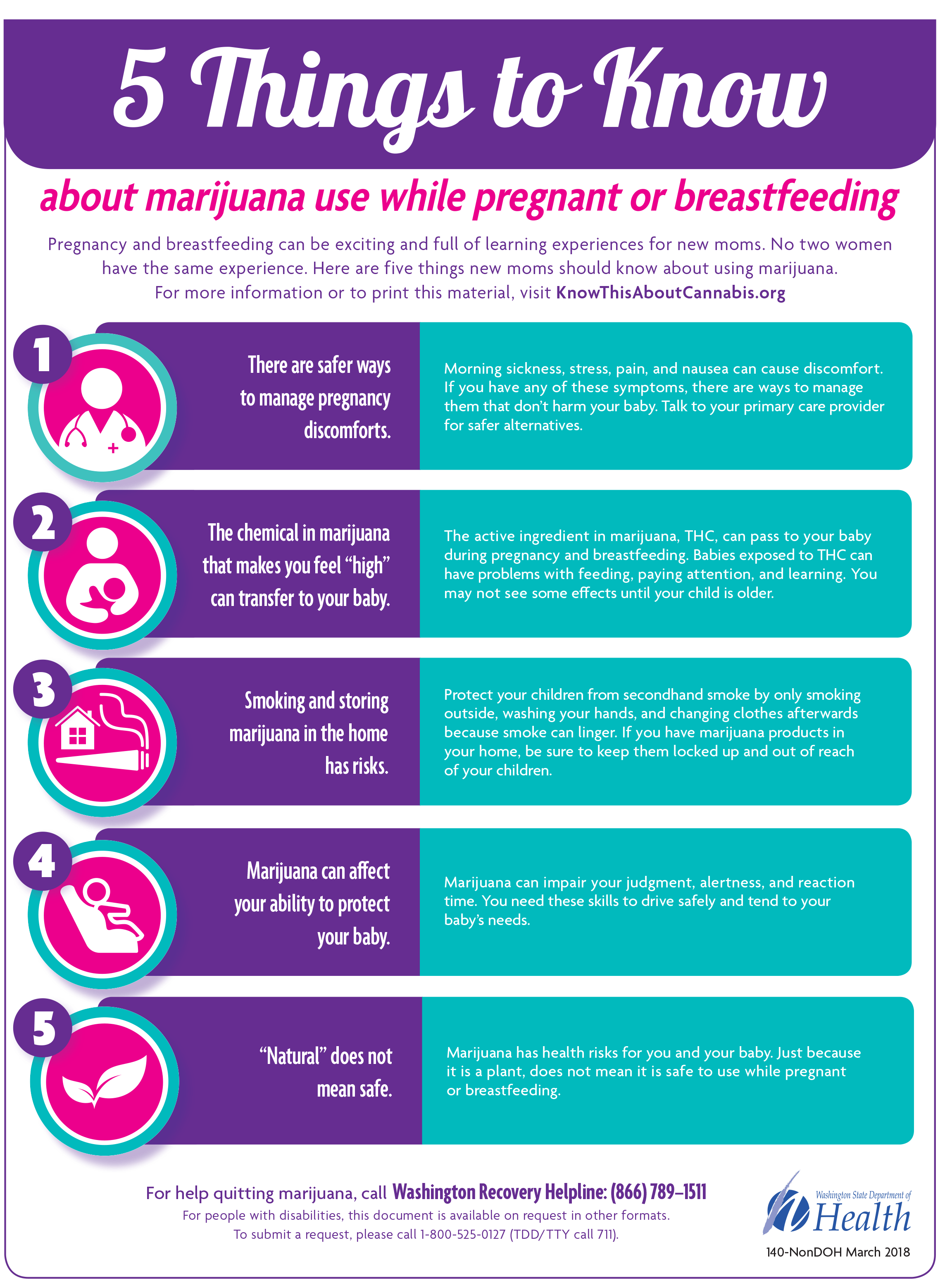 3 ounces) lighter than infants born to non-caffeine consumers. Similarly, infants born to the caffeine consumers also had thigh circumferences .32 centimeters smaller (about .13 inches).
3 ounces) lighter than infants born to non-caffeine consumers. Similarly, infants born to the caffeine consumers also had thigh circumferences .32 centimeters smaller (about .13 inches).
The researchers noted that caffeine is believed to cause blood vessels in the uterus and placenta to constrict, which could reduce the blood supply to the fetus and inhibit growth. Similarly, researchers believe caffeine could potentially disrupt fetal stress hormones, putting infants at risk for rapid weight gain after birth and for later life obesity, heart disease and diabetes.
The authors concluded that their findings suggest that even moderate caffeine consumption may be associated with decreased growth of the fetus.
About the Eunice Kennedy Shriver National Institute of Child Health and Human Development (NICHD): NICHD leads research and training to understand human development, improve reproductive health, enhance the lives of children and adolescents, and optimize abilities for all. For more information, visit https://www.nichd.nih.gov.
For more information, visit https://www.nichd.nih.gov.
About the National Institutes of Health (NIH): NIH, the nation's medical research agency, includes 27 Institutes and Centers and is a component of the U.S. Department of Health and Human Services. NIH is the primary federal agency conducting and supporting basic, clinical, and translational medical research, and is investigating the causes, treatments, and cures for both common and rare diseases. For more information about NIH and its programs, visit www.nih.gov.
NIH…Turning Discovery Into Health®
References
Gleason, JL et al. Maternal caffeine consumption and metabolism and neonatal anthropometry in the NICHD Fetal Growth Studies. JAMA Network Open. 2021. doi:10.1001/jamanetworkopen.2021.3238
###
Connect with Us
- Contact Us
- YouTube
- Flickr
Caffeine during pregnancy | Pregnancy Birth and Baby
Caffeine during pregnancy | Pregnancy Birth and Baby beginning of content1-minute read
Listen
Consuming large amounts of caffeine during pregnancy may increase the risk of miscarriage or low birthweight, so it’s best to limit your intake of caffeine.
Caffeine is a chemical found in many foods and drinks, including coffee, tea and cola. It affects the nervous system and can cause irritability, nervousness and sleeplessness.
If you are pregnant or breastfeeding, consuming up to 200mg a day is safe for your baby.
The approximate amounts of caffeine found in food and drinks are:
- 1 cup of instant coffee: 60mg
- 1 shot of espresso coffee: 100mg
- 1 cup of plunger coffee: 80mg
- 1 cup of tea: 30mg
- 375ml can of cola: 49mg
- 250ml can of energy drink: 80mg
- 100g bar of milk chocolate: 20mg
Decaffeinated varieties contain little or no caffeine.
Energy drinks are not recommended during pregnancy as they may contain high levels of caffeine, and other ingredients not recommended for pregnant women.
Some cold and flu remedies also contain caffeine. Talk to your midwife, doctor or pharmacist before taking these remedies.
For more information about the caffeine content in food and drink visit Food Standards Australia.
Sources:
Australian Drug Foundation (Caffeine), Food Standards Australia New Zealand (Caffeine), The Royal Women's Hospital Melbourne (Food safety during pregnancy), Australian Breastfeeding Association (Breastfeeding and maternal caffeine consumption), Australian Healthy Food (How much caffeine is in that drink?)Learn more here about the development and quality assurance of healthdirect content.
Last reviewed: August 2020
Back To Top
Related pages
- Foods to avoid when pregnant
- Diet and medication while breastfeeding
- Herbal teas during pregnancy and breastfeeding
Need more information?
Caffeine in pregnancy | Parenthub
Pregnancy Pregnancy and Food Caffeine in pregnancy ( 5 votes, average: 4
Read more on Parenthub website
Effects of caffeine, alcohol and smoking on reproductive outcomes
Some lifestyle behaviours are known to affect fertility, pregnancy health and the health of the baby at birth and in adulthood. Here is what you need to know about how caffeine, alcohol and smoking affect fertility and reproductive outcomes.
Here is what you need to know about how caffeine, alcohol and smoking affect fertility and reproductive outcomes.
Read more on Your Fertility website
Pregnancy testing options - MyDr.com.au
Testing for pregnancy and ovulation is simple using home pregnancy and ovulation test kits, which give results that are about 99% accurate. Find out what pregnancy and ovulation testing kits are available.
Read more on myDr website
Pregnancy and Sleep
Is sleep important when you are pregnant? Pregnancy is a time when you need to pay particular attention to your health. During pregnancy, the mother’s body changes rapidly. Any health issues may impact on the development and growth of the baby. Most people know that you need a balanced diet and enough exercise, but
Read more on Sleep Health Foundation website
Pregnancy diet: Over-eating | Parenthub
Pregnancy Pregnancy and Food Pregnancy diet: Over-eating ( 3 votes, average: 5
Read more on Parenthub website
Headaches during pregnancy
Headaches are common at various stages of pregnancy.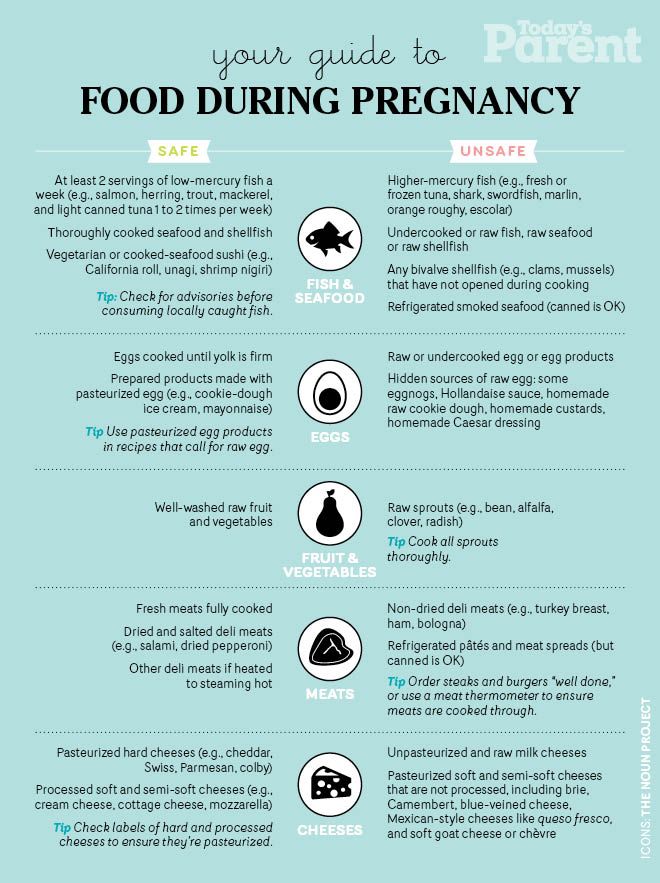 Find out what can help improve your symptoms, and when you should see your doctor.
Find out what can help improve your symptoms, and when you should see your doctor.
Read more on Pregnancy, Birth & Baby website
Pregnancy - medication, drugs and alcohol - Better Health Channel
Most women take a drug of some kind during pregnancy, sometimes without realising the potential for harm.
Read more on Better Health Channel website
Healthy diet during pregnancy
A healthy diet is an important part of a healthy lifestyle at any time, but especially vital if you're pregnant or planning a pregnancy.
Read more on Pregnancy, Birth & Baby website
Indigestion and heartburn in pregnancy
Indigestion (dyspepsia) and heartburn are very common during pregnancy. Find out how to recognise, treat and prevent indigestion.
Find out how to recognise, treat and prevent indigestion.
Read more on Pregnancy, Birth & Baby website
Pregnancy diet: Under-eating | Parenthub
Pregnancy Pregnancy and Food Pregnancy diet: Under-eating ( 3 votes, average: 4
Read more on Parenthub website
Disclaimer
Pregnancy, Birth and Baby is not responsible for the content and advertising on the external website you are now entering.
OKNeed further advice or guidance from our maternal child health nurses?
1800 882 436
Video call
- Contact us
- About us
- A-Z topics
- Symptom Checker
- Service Finder
- Linking to us
- Information partners
- Terms of use
- Privacy
Pregnancy, Birth and Baby is funded by the Australian Government and operated by Healthdirect Australia.
Pregnancy, Birth and Baby is provided on behalf of the Department of Health
Pregnancy, Birth and Baby’s information and advice are developed and managed within a rigorous clinical governance framework. This website is certified by the Health On The Net (HON) foundation, the standard for trustworthy health information.
This site is protected by reCAPTCHA and the Google Privacy Policy and Terms of Service apply.
This information is for your general information and use only and is not intended to be used as medical advice and should not be used to diagnose, treat, cure or prevent any medical condition, nor should it be used for therapeutic purposes.
The information is not a substitute for independent professional advice and should not be used as an alternative to professional health care. If you have a particular medical problem, please consult a healthcare professional.
Except as permitted under the Copyright Act 1968, this publication or any part of it may not be reproduced, altered, adapted, stored and/or distributed in any form or by any means without the prior written permission of Healthdirect Australia.
Support this browser is being discontinued for Pregnancy, Birth and Baby
Support for this browser is being discontinued for this site
- Internet Explorer 11 and lower
We currently support Microsoft Edge, Chrome, Firefox and Safari. For more information, please visit the links below:
- Chrome by Google
- Firefox by Mozilla
- Microsoft Edge
- Safari by Apple
You are welcome to continue browsing this site with this browser. Some features, tools or interaction may not work correctly.
is it still possible or not?
June 16, 2022 12:23 Olga Muraya
There are a number of strict dietary restrictions during pregnancy, but it is not necessary to completely eliminate coffee from your daily diet. nine0005 Photo by Anna Civolani/Unsplash.
nine0005 Photo by Anna Civolani/Unsplash.
Researchers confirm that drinking coffee during pregnancy does not pose serious risks to the mother and her unborn child.
An international team of scientists has determined that daily coffee consumption does not increase the risk of preterm birth, miscarriage or stillbirth.
Researchers say that pregnant women can safely drink coffee at least every day without fear of side effects. But it is still necessary to limit its consumption to the recommended rate. nine0003
Recall that WHO recommends that pregnant women consume no more than 300 mg of caffeine per day. In the United States and some European countries, the maximum dose of caffeine is even less - 200 mg per day.
In general, these recommendations are equivalent to 1-3 cups of coffee per day, although the amount of caffeine in different coffee drinks can vary greatly.
Previous recommendations were based on observational studies. They make it difficult to separate coffee consumption from other risk factors such as smoking, alcohol or poor diet. nine0003
The authors of the new study wanted to find out whether coffee itself actually increases the risk of adverse pregnancy outcomes.
They relied on a study that confirmed that a certain set of genetic variants influences how much coffee we drink.
Of course, the researchers couldn't ask women to drink the prescribed amount of coffee during pregnancy to assess health risks. This would be highly unethical.
Instead, they used genetic analysis to mimic a randomized controlled trial. Let us explain that this is the highest quality standard of scientific work in the view of modern scientists. nine0003
The researchers used a method called Mendelian randomization. ( It is named after the eminent biologist Gregor Mendel. ) Scientists have studied whether eight genetic variants that predict how much a pregnant woman consumes coffee are also associated with birth outcomes.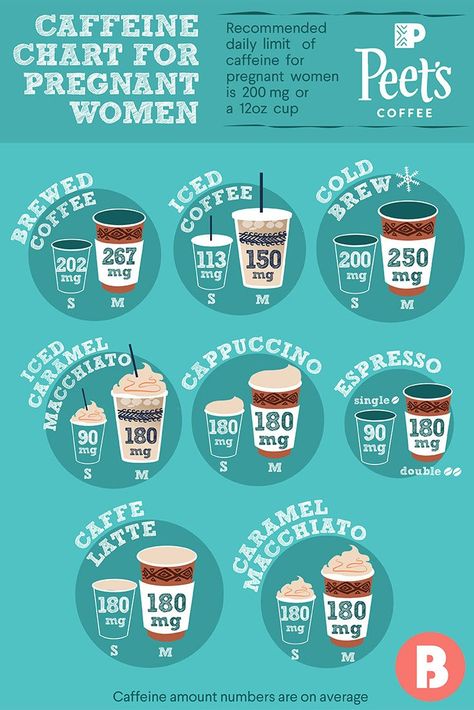
As a result, genetic analysis showed that women who drank coffee did not have an increased risk of miscarriage, stillbirth or preterm birth.
The researchers emphasize that only certain adverse pregnancy outcomes were considered in their work, and it is possible that caffeine intake may affect some other important aspects of fetal development. nine0003
For this reason, scientists do not recommend that pregnant women drink more than three cups of coffee a day. They only made sure that a cup or two of flavored drink will not lead to serious problems during childbearing.
The study was published in the International Journal of Epidemiology on June 9, 2022.
Earlier, we talked about how many cups of coffee can lead to migraines, as well as which coffee raises cholesterol more.
More news from the world of science and medicine can be found in the sections "Science" and "Medicine" on the media platform "Looking". nine0003
science pregnancy security healthcare genetics nutrition recommendations coffee society news Most read
Previously related
-
Do pregnancy hormones help you quit smoking?
-
First evaluated the safety of creating children from three parents
-
Depression after childbirth is associated with changes in the immune system
-
Why frequent disinfection during pregnancy is dangerous
-
Asymptomatic neonatal illness increases future infections
-
Found a simple and universal way to relieve toxicosis of pregnant women
is it possible to drink and how it affects the body
Published:
During pregnancy, women have to change many habits.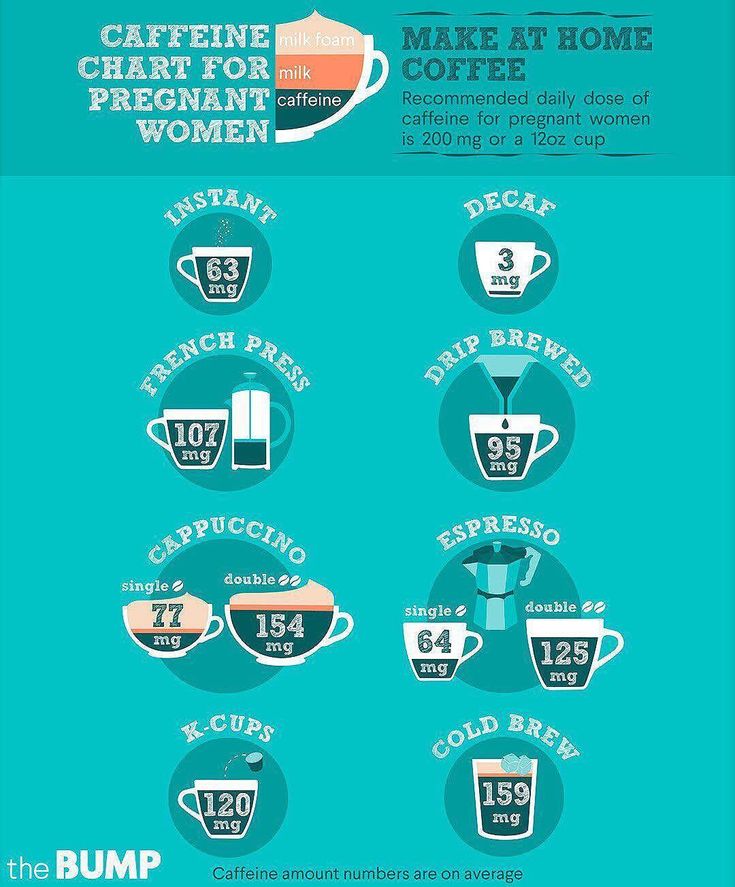 For some, the most difficult thing is to give up coffee. Is it necessary to give up the drink, what is its danger to the pregnant woman and the fetus, Neha Pathak, Sarah Morgan and Kristin Mikstas tell. nine0095
For some, the most difficult thing is to give up coffee. Is it necessary to give up the drink, what is its danger to the pregnant woman and the fetus, Neha Pathak, Sarah Morgan and Kristin Mikstas tell. nine0095
Pregnancy and the effects of coffee on the body and fetus
Pregnant women have long been advised to limit their caffeine intake to reduce the risk of miscarriage or premature birth. However, modern research suggests that the risk is not so high and it is not at all necessary to completely abandon your favorite drink.
Can pregnant women drink coffee? WebMD journalists write that excessive consumption of coffee and caffeine during pregnancy may pose a risk to the unborn child. This is because the fetus cannot digest caffeine as it passes through the placenta. However, the drink can be consumed in moderation, without exceeding the daily allowance of caffeine, without risk to the health of the woman and the fetus. nine0003
Why is coffee not allowed during pregnancy? According to the National Institutes of Health, caffeine causes blood vessels in the uterus and placenta to constrict, which can reduce the blood supply to the fetus and inhibit its growth. Researchers believe caffeine can potentially disrupt fetal stress hormone production, putting babies at risk for rapid weight gain, obesity, heart disease and diabetes after birth. The authors of the studies concluded that even moderate caffeine intake may be associated with a decrease in fetal growth, however, such deviations do not occur in everyone and often do not pose a danger to the unborn baby. nine0003
Researchers believe caffeine can potentially disrupt fetal stress hormone production, putting babies at risk for rapid weight gain, obesity, heart disease and diabetes after birth. The authors of the studies concluded that even moderate caffeine intake may be associated with a decrease in fetal growth, however, such deviations do not occur in everyone and often do not pose a danger to the unborn baby. nine0003
How does coffee affect fetal development? While caffeine can cross the placenta, its effect on the fetus is unclear, according to Mayo Clinic staff. To be on the safe side, your healthcare provider may recommend avoiding or limiting the amount of caffeine in your diet during pregnancy to 200 mg per day. In this case, take into account the caffeine content in all foods and drinks that the pregnant woman consumes.
Can I drink coffee in the first trimester of pregnancy: Unsplash / Nolan Issac Can I drink coffee in the first trimester of pregnancy? Dr. Sarah Morgan writes that as a result of studies, the absence of a negative effect of caffeine on the development of the fetus and its nervous system, as well as on the course of pregnancy in general, has been proven. This means that in the first trimester, when the internal organs and brain of the fetus are formed, coffee can be consumed. However, in any case, you should consult your doctor. nine0003
This means that in the first trimester, when the internal organs and brain of the fetus are formed, coffee can be consumed. However, in any case, you should consult your doctor. nine0003
The second trimester is the easiest period of pregnancy for many women, writes Dr. Neha Pathak. At this time, you can safely consume a safe amount of coffee, if the woman does not have individual contraindications.
In the third trimester, the fetus is fed through the placenta and, along with other substances, receives caffeine, which the pregnant woman consumes. Caffeine in the child's body does not break down. High caffeine intake during the third trimester may be a risk factor for fetal growth retardation, especially if it is a boy, writes Dr. Thorstein Wick. nine0003
How to drink coffee during pregnancy and how to replace it
If you like coffee, continue to drink it during pregnancy, but follow the recommendations of doctors. How much coffee can you drink during pregnancy? Drinking moderate amounts of coffee during pregnancy is considered safe.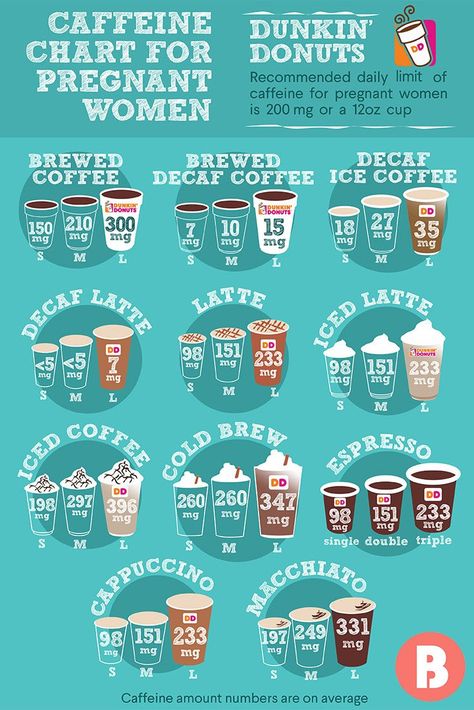 Don't drink more than 3 cups of coffee a day. This provides about 300 mg of caffeine, according to WebMD reporters.
Don't drink more than 3 cups of coffee a day. This provides about 300 mg of caffeine, according to WebMD reporters.
If in doubt, do not want to take risks or have contraindications to drinking coffee, you can replace the drink with other products. Dr. Kristin Miksta suggests drinking these drinks:
- Decaffeinated coffee (decaf). In such a product, manufacturers remove up to 97% of the caffeine from the grains. After that, the cup will have only 3 to 12 mg of caffeine, while a regular cup has 100 mg.
- Green tea. In addition to cell-protecting antioxidants, it contains a quarter of the caffeine in a cup of organic coffee.
- Lemon water. Lemons are rich in vitamin C, antioxidants that protect cells. Some studies show that taking lemon juice daily can help control high blood pressure. nine0051
- Carob. Carob is rich in fiber, aids digestion, and can keep blood sugar and cholesterol levels healthy.
- Kombucha. The drink will help strengthen the immune system.
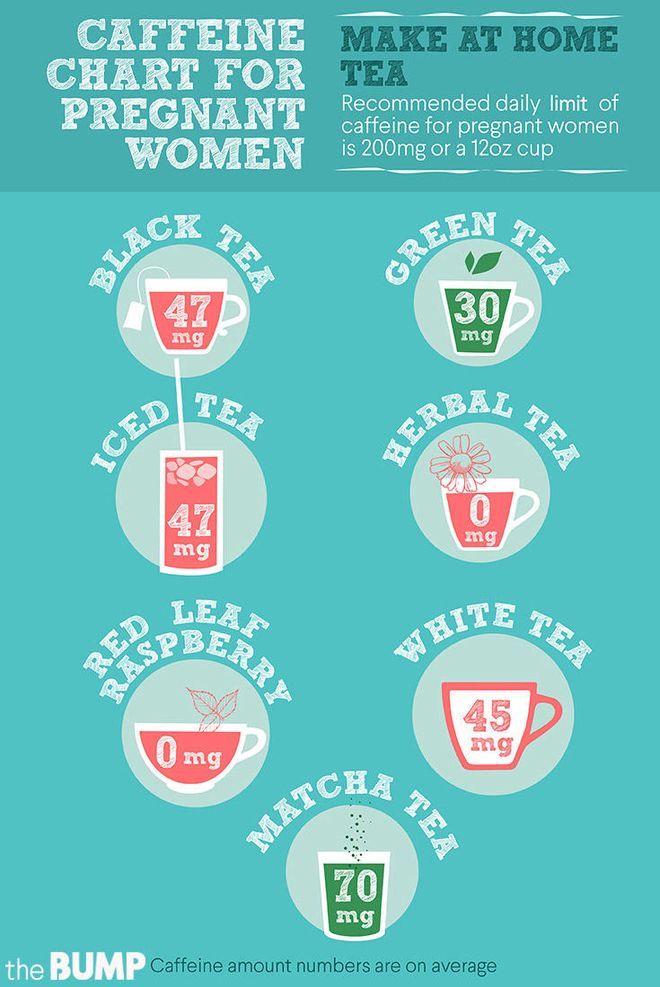
- Rosehip tea. Contains vitamin C, a range of cell-protecting and anti-inflammatory chemicals.
- Chicory. It does not contain caffeine, and the drink from it tastes vaguely like coffee.
Consult your doctor and choose the right drink. Remember that not only coffee, but also other caffeinated foods make up your daily caffeine requirement. These are chocolate, tea, guarana, carob.
In addition, you should give up energy drinks, they contain a lot of caffeine, herbal teas with licorice root, fenugreek. Replace these herbs with ginger, mint, raspberries.
Do not exceed 200 mg of caffeine per day (1-2 cups) as recommended by Healthline. Drink natural, not instant coffee. Choose a coffee that is dominated by Arabica, not Robusta. After every cup of coffee, drink a cup of still water. nine0003
It is not necessary to give up coffee during pregnancy, but it is important to control the amount of caffeine. Drink natural coffee, do not forget to drink water and watch your well-being. If in doubt that coffee is safe, check with your doctor.
Drink natural coffee, do not forget to drink water and watch your well-being. If in doubt that coffee is safe, check with your doctor.
Attention! The material is for informational purposes only. You should not resort to the methods of treatment described in it without first consulting a doctor.
Sources:
- Christine Mikstas. Coffee Alternatives // WebMD. - 2020. - November 16. - Access mode: https://www.webmd.com/diet/ss/slideshow-coffee-alternatives
- National Institutes of Health. Moderate daily caffeine intake during pregnancy may lead to smaller birth size // NIH. - 2021. - 25 March. — Mode of access: https://www.nih.gov/news-events/news-releases/moderate-daily-caffeine-intake-during-pregnancy-may-lead-smaller-birth-size
- Neha Pathak. Second Trimester of Pregnancy // WebMD. — 2020. — 25 August. — Access mode: https://www.webmd.com/baby/guide/second-trimester-of-pregnancy
- Pregnancy nutrition: Foods to avoid during pregnancy // Mayo Clinic.

